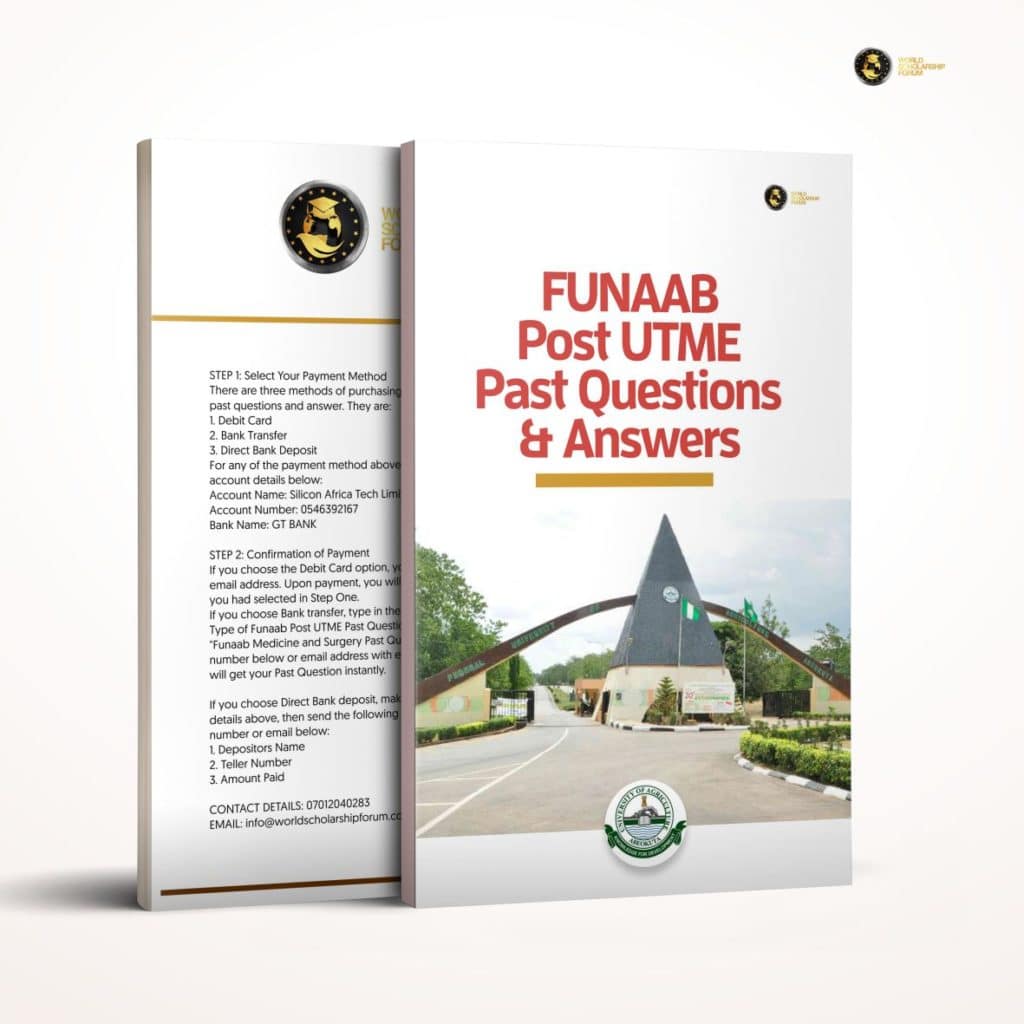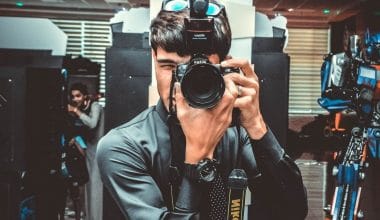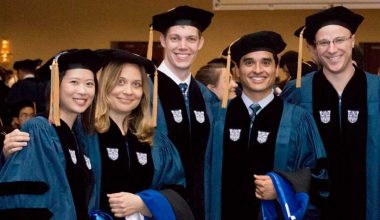The DTU Fotonik is inviting applications for the DTU Fotonik Ph.D. Scholarships for students from Denmark. You can apply for a specific project from the list below or to submit individual project proposals. Only eligible applicants will be selected for this program.
The scholarships for the Ph.D. degree are subject to academic approval, and the candidates will be enrolled in one of the general degree programs of DTU.
Information about the general requirements for enrolment and the general planning of the scholarship studies is included in the general rules of DTU, further information sees the homepage of DTU: Ph.D. program – DTU.
The salary and appointment terms are consistent with the current rules for PhD degree students.
About the DTU Fotonik PhD Scholarships
The DTU is a technical university providing internationally leading research, education, innovation, and scientific advice. DTU is an independent academic university collaborating globally with business, industry, government, and public agencies.
Level of Study:
This scholarship is for candidates who are interested in pursuing a PhD program.
Study Subject:
DTU Fotonik PhD Scholarships are awarded for the following PhD projects:
- Biophotonics Systems for in vivo Neuroscience
- Time Sensitive Communication and Applications
- Single-Photon Emitters in 2D Materials
- Imaging Systems for Simultaneous Two- and Three-Photon Microscopy
- High-Power Femtosecond Fiber Laser for Science and Applications
- Wavelength Dependent Speckle Dynamics: Speckle based Wavemeter
- Tunable Water-Based Microwave Circuitry and Sensing
- Advanced Control of Future Communication
- Individual PhD research projects
You may also apply for a PhD project at DTU Fotonik in a different way. In case the above-mentioned projects do not match your interests, you are allowed to provide a project description of your own.
In this case, you are required to first contact a potential supervisor directly in order to agree on the project description and supervision. Staff lists are provided in the homepages of each of the department research areas, click here for the staff list.
Link to the sections
- Communication Technology
- Nonlinear Optics & Biophotonics
- Light Sources & Industrial Sensors
- Nanophotonics
Institution of Study:
The institution of study for the Ph.D program is DTU Fotonik.
Scholarship Award:
The salary and appointment terms are consistent with the current rules for PhD degree students.
Eligibility Requirements:
To participate in this program, you must meet the following criteria.
- You should have a Masters in engineering or a similar degree with an academic level equivalent to the master’s degree in engineering.
- The scholarships for the PhD degree are subject to academic approval, and the candidates will be enrolled in one of the general degree programs of DTU.
You can find information about the general requirements for enrolment and the general planning of the scholarship studies in the general rules of DTU.
College Admission Requirement
Entrance Requirements: Candidates should have a master’s in engineering or a similar degree with an academic level equivalent to the master’s degree in engineering.
English Language Requirements: A good communication skill in written and spoken English is a must.
How to Apply for the DTU Fotonik PhD Scholarships:
All applications must be received no later than 5th May, 2024. Apply online at www.career.dtu.dk.
Please go to each project and open the link below “Apply online”.
Your application must include following documents:
- Curriculum Vitae
- Project description
- A letter motivating the application
- Grade transcripts and BSc/MSc diploma
- Conversion of grade average to Danish grades (please use a spreadsheet).
Application Deadline:
The Scholarship application deadline is May 5, annually.
Editor’s Recommendation
- PhD position in physics at Lund University, Sweden
- National University of Singapore Scholarship for International Students
- 19 PhD Scholarships for Philippine students
- 10 Fully Funded PhD Scholarships in Sociology
- Arctic University IMR PhD Position for International Students in Norway
- Sokoine University of Agriculture Indigenous PhD Scholarships, Tanzania
- PhD Scholarship at Technical University of Denmark
- Media Transition Doctoral Scholarships at UTS in Australia
- Time Sensitive Communication and Applications PhD Position in, Denmark
- International Mathematics Scholarship | PhD Progam at University of Trento in Italy




